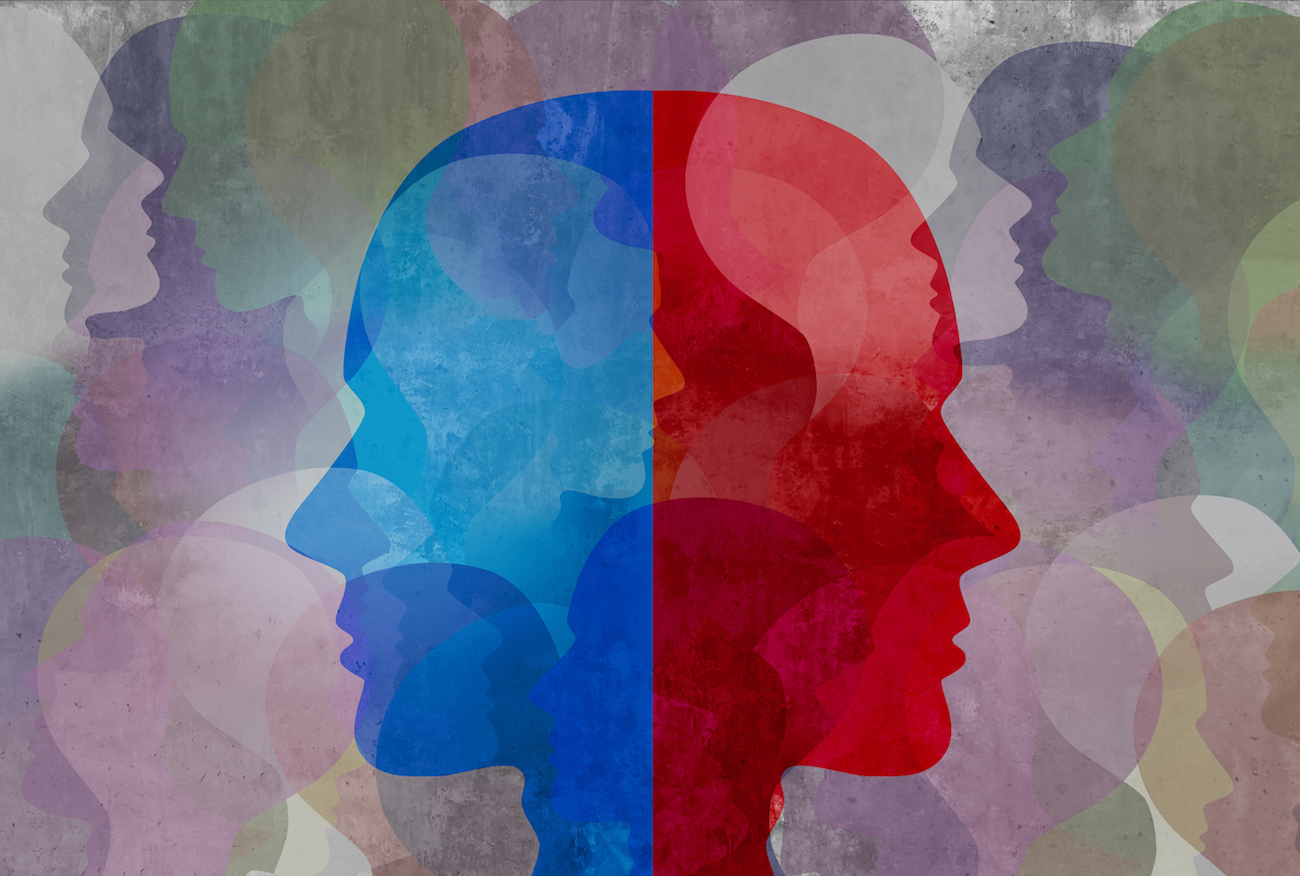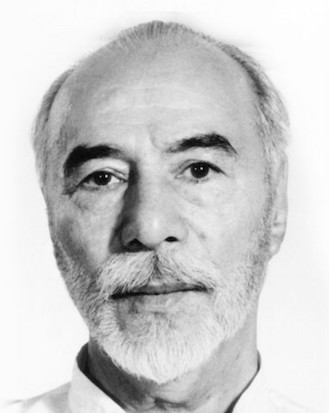
If our celestial soul is shrouded in the dark smoke produced by the imperious self, our soul will cease to reflect the divine spark within it. – Ostad Elahi
Do you ever find yourself caught between opposing ideas when you are about to make a decision?
For example, you plan to finish your work in good time, and yet switch your mind to watch a television program that you like. Meanwhile, you find yourself saying that it will not be the end of the world if you finish the work a bit later. Another one : Even though you don’t like to talk behind people’s back, you have an urge to speak against your colleague who did not treat you well recently. On the occasion to participate in a community service, you have cold feet. Justification is that it is not up to you to fix everything. Although it is within your reach to help, you skip it… From simple to complex decisions, this familiar voice putting forth such arguments often dictates to us what to do, as opposed to a deeper and more subtle voice which advises us to do otherwise.
The opposition between the two voices arises in the form of an inner conflict that we face in everyday life. Freud states that it is in the fabric of human nature to have conflict between the agencies of the psyche: id, ego and superego. On the one hand, there are the animalistic instincts, impulses, and desires of a terrestrial nature enforced by the id, and on the other hand there is the voice of conscience, willpower, and reason. The two forces are in opposition. The main duty of the human being situated between these opposing forces is to find a resolution. Make effort to restore the equilibrium in each conflicting situation, and adapt it to the context.

Ostad Elahi, the 20th century thinker, jurist, and musician, who spent a lifetime studying and experimenting on the human psyche and soul, defines his approach as new medicine of the soul. He explains that the forces opposing the id are willpower, faith, reason and the voice of the conscience. They are instilled in the celestial soul, whereas the animalistic instincts, impulses and desires are inherent in the terrestrial soul of the human being. While the id ensures the survival and reproduction of the human species, when taken to extremes it gives way to the imperious self taking over the reigns. Ostad Elahi defines the imperious self as:
The imperious self is a powerful psychological energy that is harmful for the soul. This energy is continuously produced by the activity of our character weak points (flaws), and results in unethical and undivine impulses, and desires at the level of our ego. The activation of our weak points can be triggered either from within (by our own thoughts) or from without (especially by other people). The imperious self most often expresses itself at the level of our conscious self through impulsive attacks that pressure our psyche for their immediate satisfaction. It also seeks to deceive us, however, by cunningly intruding into our reason and placing it at its own disposal to satisfy its desires. Whereas its impulsive attacks are easily detectable, the detection of its deceptive attacks requires greater development of our sound reason. The imperious self drives us to do evil to both ourselves (our soul) and to others through the various transgressions of their rights.
The whims and desires of the id-imperious self are executed by the ego who is the spokesperson of the imperious self. Our ego is the agent who dominates the psyche and preoccupies our daily conscious self.
In his new medicine of the soul, Ostad Elahi indicates that the ego is seated in our conscious level. However, there is a deeper layer in the consciousness where one can find the inner guide who speaks to us in the voice of our sound reason and our conscience. It inspires us to make the right choices and actions. “Right” in the sense that it is in accord with real divine and ethical principles, and in harmony with the well-being of our soul. The role of the inner guide is thus to fight against the imperious self in order to preserve the health of the soul, and to enable its development. It provides the necessary motivation and energy to fight against the regressive and harmful demands of the imperious self executed by the ego. Driven by faith in the Truth, the primary tools of the inner guide in this battle are sound reason and willpower.
Ostad Elahi puts forth that once we pay attention and lend an ear to the inner guide, we learn to discern its advice. Based on which, we can evaluate our stream of thoughts and choices in a given situation. By practicing the advices of the inner guide, we can learn to protect ourselves from the attacks of the id-imperious self. Starting with small steps, one can strengthen his willpower, and resist these pressures. Otherwise, defeat is inevitable. Confronted with the strong and cunning tactics seamlessly enforced by the imperious self, one submits sooner or later. But if he knows the imperious self, and be willing to fight against it, then he can build an efficient stratetgy to fight it off. Through this conscious battle, the soul matures and self-mastery becomes attainable.
The conflicts we face in daily life arise either from within – from our thoughts and intentions, or from the outside – from the various social, familial, or professional contexts of our life. They provide a rich ground for pursuing the battle against imperious self. However, it is very difficult, if not impossible, to accomplish it alone, says Ostad Elahi. We need metacausal energy to persevere, and provided that we pay attention, that energy can be found in the dialogue with our inner guide. In the thickness of life, it is necessary at times to take a few minutes alone to focus inside, and pursue the inner dialogue.
The benefits gained from the dialogue with our inner guide :
- acquisition of self-knowledge,
- higher attention,
- trust in the Source for guidance
- enhanced self-confidence
- energy and motivation













Social Profiles